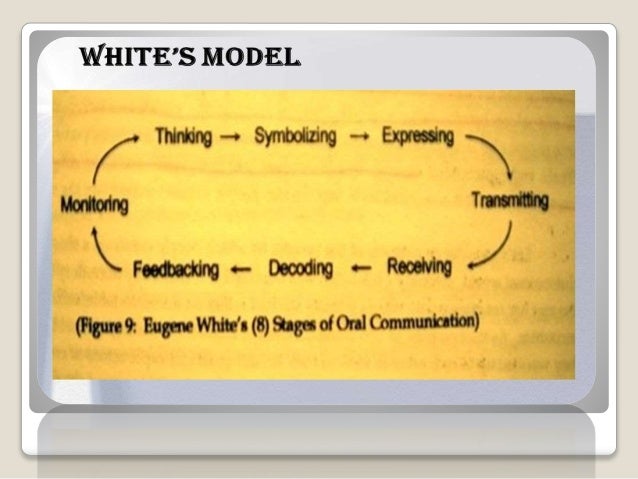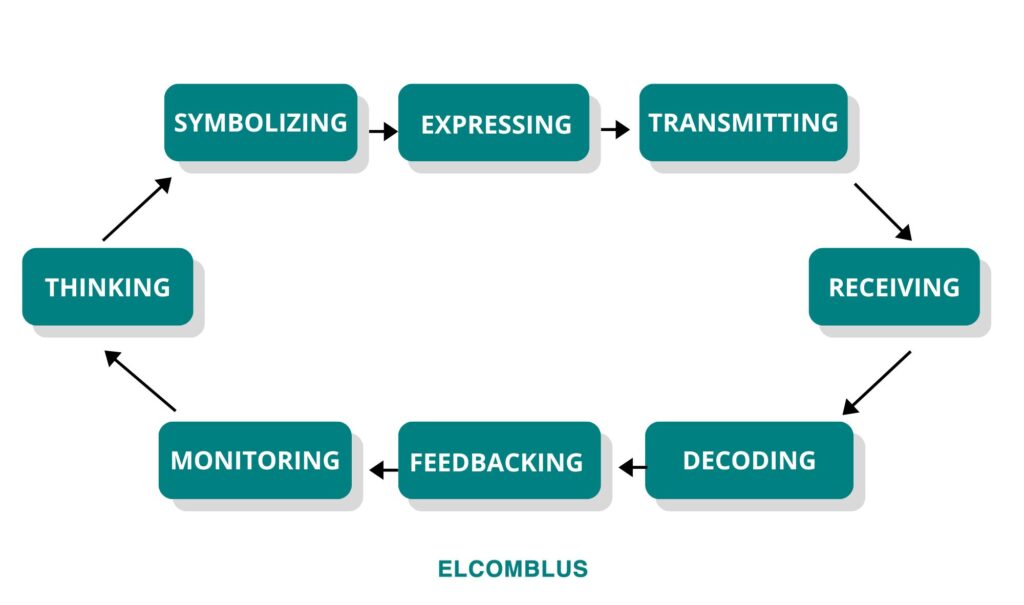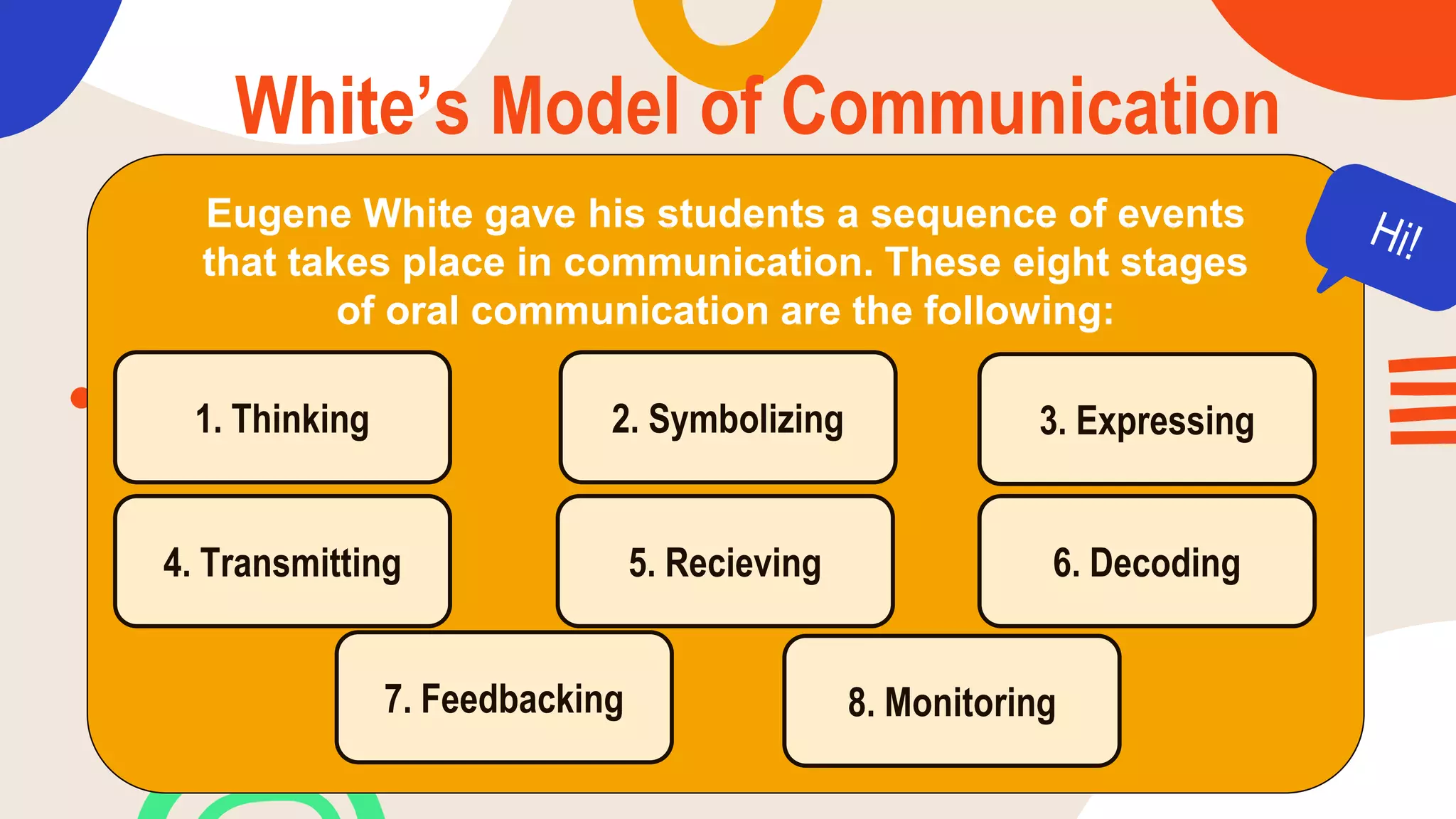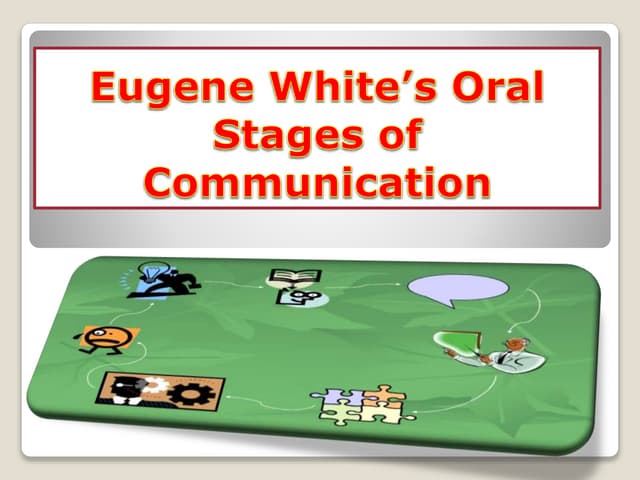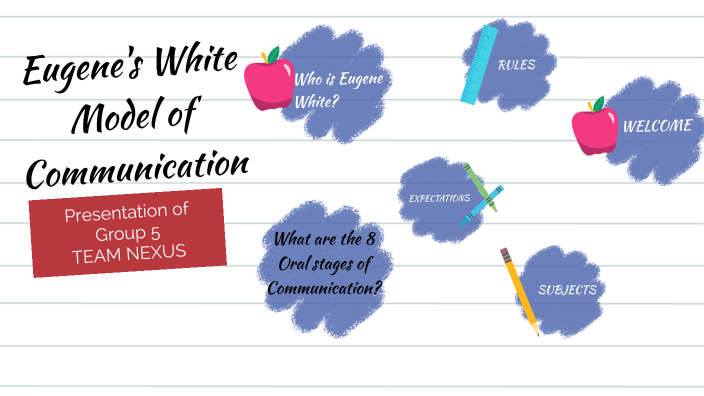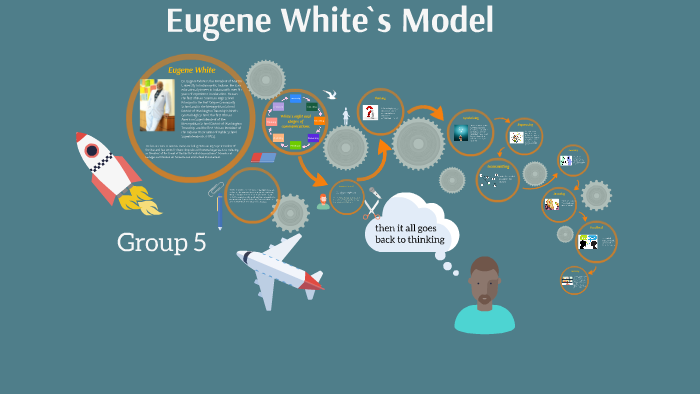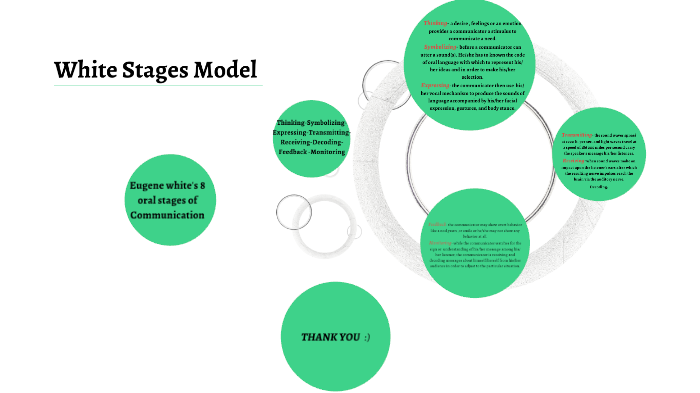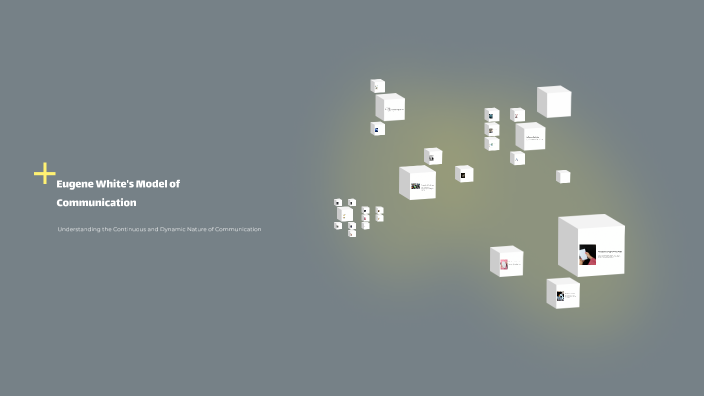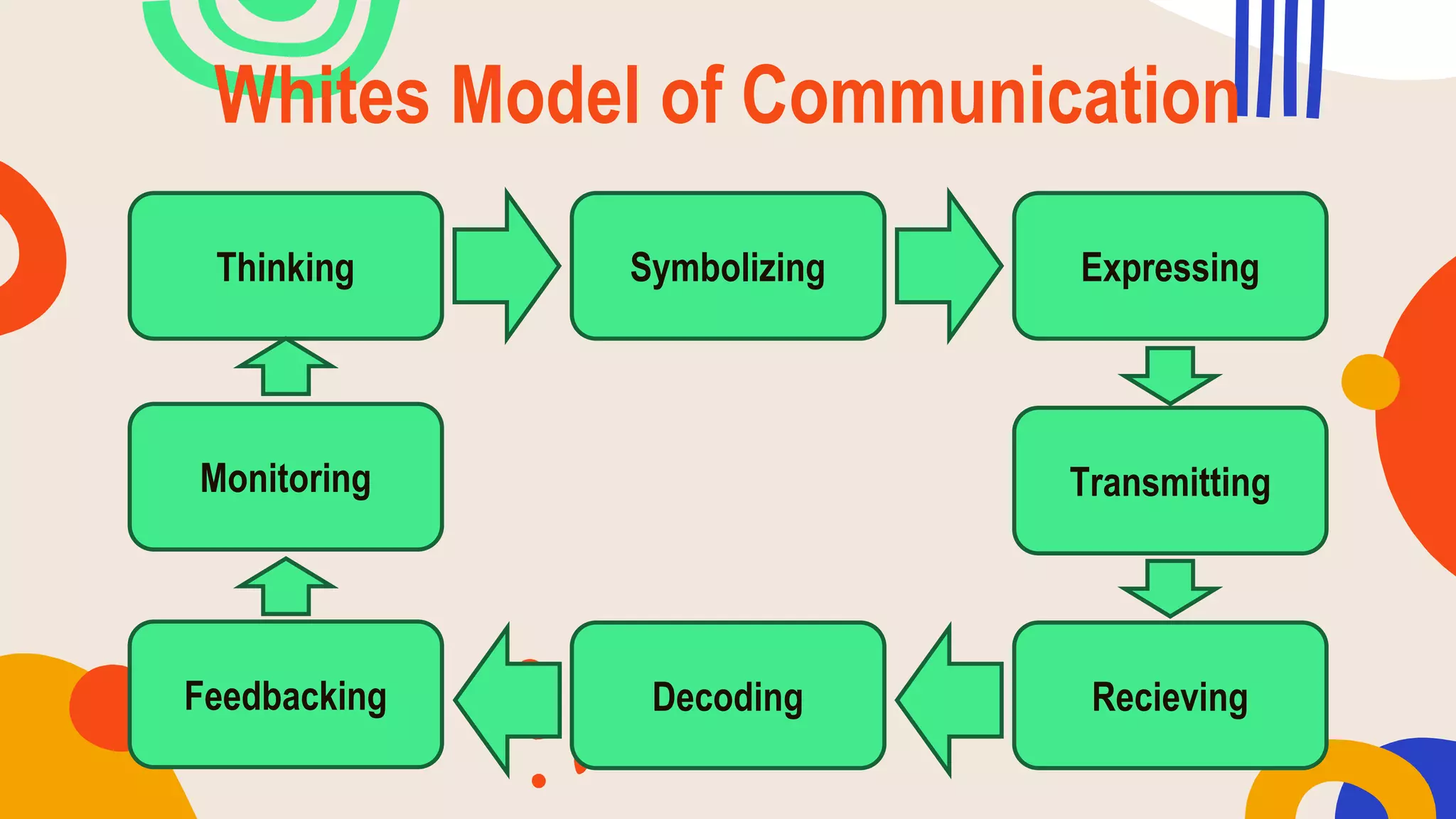Eugene White Biography Communication Model

Imagine a world where communication flows effortlessly, where messages are not just sent but truly understood. Where feedback isn't an afterthought, but an integral part of the process. This vision, one of clarity and mutual understanding, is the essence of the Eugene White's Model of Communication. This communication model emphasizes the cyclical nature of communication and the importance of feedback, constantly shaping the flow of information between sender and receiver.
At its core, the Eugene White Model offers a framework for analyzing and improving communication effectiveness. It is less a rigid, linear path and more a dynamic, ever-adjusting loop. It prompts us to consider the entire communication process, from initial thought to final understanding, recognizing that each element influences the next.
The Architect of Understanding: Eugene White
Who was the mind behind this influential model? While specific biographical details about Eugene White are scarce and not widely documented in readily accessible sources, his contribution to the field of communication studies is undeniable. His model, presented in various communication textbooks and resources, has become a cornerstone of understanding how messages are constructed, delivered, and received.
Although a detailed biography might elude us, the impact of his work speaks volumes. He provided a valuable lens for communication scholars and practitioners alike. His insights focus on how effective communication involves ongoing adjustments based on the feedback received.
Deconstructing the Model: The Stages of Communication
The Eugene White Model typically outlines several key stages in the communication process. These stages are interconnected and constantly influencing one another, forming a cyclical pattern.
Thinking
It all starts with a thought. This is the germination point where the idea to be communicated takes shape in the mind of the sender. It's the initial spark that sets the entire process in motion.
Symbolizing
Next comes symbolizing. It is about encoding the thought into a message using symbols, words, or other means. The sender translates their internal idea into a form that can be conveyed to someone else.
Expressing
This is the actual transmission of the message. Whether spoken, written, or conveyed nonverbally, it is the point where the message leaves the sender and begins its journey to the receiver.
Transmitting
Transmitting refers to the means by which the message is conveyed. The medium chosen to transmit the message, such as speech, writing, or electronic channels, influences the reception and interpretation of the message.
Receiving
At this stage, the message reaches the receiver. It requires the receiver to be attentive and open to receiving the message being sent.
Decoding
Decoding is where the receiver interprets the message. This is where the receiver deciphers the symbols and tries to understand the sender's intended meaning. Cultural background, personal experiences, and context all play a crucial role in this interpretation.
Feedback
Feedback is arguably the most vital component of the model. The receiver responds to the message, providing the sender with information about how the message was received and understood. This feedback loop completes the cycle and allows for adjustments and clarifications.
Monitoring
Finally, monitoring involves the sender observing the receiver's feedback and making necessary adjustments to the message or delivery. It allows the sender to refine their communication approach for better understanding and clarity.
The Significance of the Model
The true brilliance of the Eugene White Model lies in its emphasis on the cyclical nature of communication and the importance of feedback. It highlights that communication is not a one-way street but a dynamic exchange between sender and receiver. This exchange requires constant adjustment and refinement based on the feedback received.
This model is beneficial in various contexts, from interpersonal relationships to public speaking and organizational communication. It offers practical insights into improving communication strategies and fostering deeper understanding.
For example, in a business setting, understanding the feedback loop can lead to more effective marketing campaigns and improved employee communication. In personal relationships, being mindful of the decoding and feedback stages can foster empathy and reduce misunderstandings.
A Lasting Legacy
Even without comprehensive biographical details readily available, the legacy of Eugene White lives on through his model. He provided a valuable contribution to the study of human interaction. His model reminds us that effective communication is a constant process of learning, adapting, and seeking mutual understanding.
The Eugene White Model of Communication isn't just a theoretical framework; it's a call to action. It encourages us to be more mindful communicators, constantly seeking ways to improve our understanding and connection with others. It's a reminder that communication is a journey, not a destination, and that the path to understanding is paved with feedback and mutual respect.
